STATE CLEANING SOLUTIONS, OHIO
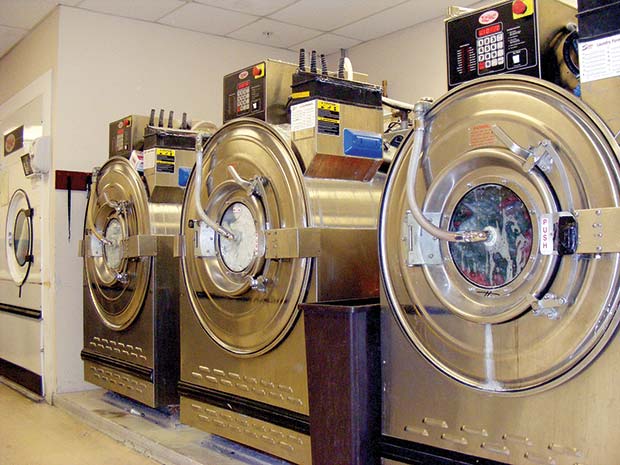
“If you want true optimisation, you need to take a holistic approach. Take a deep look into your business, and use systems that take account of the nuances of your resources, work force and skill set.” – State Cleaning Solutions’ division controller Fred Weimer
By introducing the TruckStops routing and scheduling, Ohio-based State Cleaning Solutions has been able to adopt a holistic approach to managing its field technicians – not only reducing the mileage travelled, saving cost and enhancing efficiency, but also ensuring that the most appropriate available tech is dispatched to each job.
State Cleaning Solutions provides a range of cleaning, maintenance, and sanitisation solutions to various industry sectors including schools, hospitals, hotels, and restaurants.
Its field technicians cover 22 states, serving thousands of customers. The techs visit customers to perform preventive maintenance, ensure the customer is experiencing superior results, to deliver product, and to respond to emergencies.
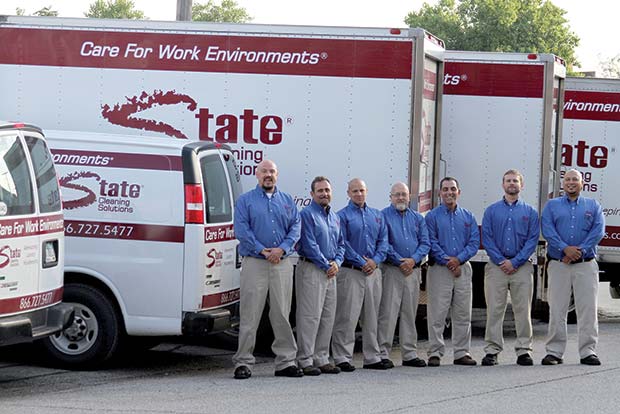
Their visits may be planned weekly, monthly, bi-monthly or arranged on an ad hoc basis when an unscheduled service call is received. “Despite this complexity, in the past we adopted a very ‘vanilla’ approach to scheduling,” says division controller Fred Weimer. “We aimed to minimise the mileage travelled, but we didn’t optimise the routes in other ways. For instance, we didn’t take account of the drivers’ wage or the fuel consumption of our various vehicle types.”
He was convinced the company could make savings by streamlining the techs’ activities, but wanted to find a system that would take account of operational factors as well as journey efficiency.
“Some techs are good at identifying additional chemical solutions to existing customers,” he explains. “We wanted to allocate them to visits where that ability was most likely to pay off in terms of increased orders and customer satisfaction. Some are good at installing and at training new customers. Some have special skill sets appropriate to particular kinds of machinery – for instance, laundry equipment.”
The company also needed to be able to schedule journeys that started and ended near the technicians’ homes, but not necessarily at exactly the same location every day. It has an agreement in place with its techs that they will travel up to 20 minutes on their own time before starting and after finishing their scheduled journeys – the equivalent of commuting for office workers – and needed to reflect this in the route plans.
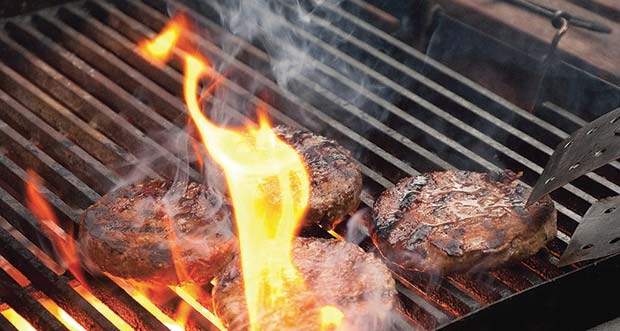
After evaluating four potential systems, the company opted for MapMechanics’ TruckStops as “The return on investment with TruckStops was much higher.” Fred Weiner noted, “We can set up all the operating parameters we need, and there are also special fields where we can record our techs’ skill sets and special abilities.”
TruckStops also has the ability to schedule different start and finish points for each journey, adding flexibility to the use of home-based technicians. “TruckStops has all the capabilities we need, even taking account of our special requirements,” Fred Weimer says. “It’s a very user-friendly product. We were able to get it working with minimal training.”
While little support from MapMechanics was needed, Fred Weimer says the company was unusually helpful when required. “We found their team very friendly and customer-focused. Dealing with them was a very pleasant experience, which we really enjoyed.”
CPL DISTRIBUTION, SOUTHEAST ENGLAND
“Using TruckStops has made our deliveries much more efficient and provided a solid basis for testing new ways to streamline our operations” – CPL operations director Graham Hughes
TruckStops routing and scheduling is playing a vital role in a drive by leading solid fuel supplier CPL Distribution, to streamline deliveries to consumers and retail outlets.
Working in conjunction with the Microlise vehicle tracking and fleet management system, TruckStops is helping CPL to centralise delivery planning, reduce delivery cost, and trial new concepts.

The application is the first in which TruckStops has been implemented in conjunction with the Microlise telematics system, and also marks the development of a special way of using TruckStops that has been nicknamed “eco mode”. This allows the operator to apply different prioritisation to deliveries – for instance, efficiency, lead time and cost – according to service-level agreements and delivery promise.
CPL delivers from depots at strategic locations throughout England and Wales, using a fleet of delivery trucks of various sizes, which is augmented during the peak winter season.
Historically, vehicles were scheduled manually at depot level, but operations director Graham Hughes points out: “This was just about sustainable with 120 or more orders a day, but presented a major challenge during peaks, when the order volume could increase dramatically.” Consequently, he says, lead times were suffering.
Members of the CPL team were aware of the benefits of routing and scheduling from experience in the oil industry, and decided to apply the same concept to their business. Initially they introduced TruckStops at two depots – Chessington and Widford, in different parts of the South East.
Under the new system, TruckStops is used daily on a dynamic basis to schedule deliveries for the following day. Orders are pulled from the Perito Enterprise Resource Planning suite, which is used by CPL to manage its core business processes, and are scheduled by TruckStops and then transferred wirelessly to Intermec CM50 rugged handheld computers carried by the drivers.
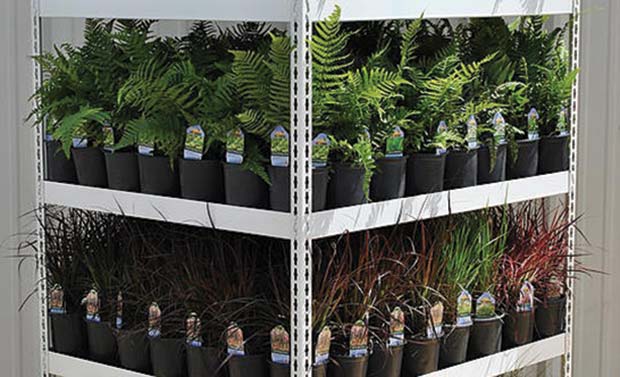
The Microlise software on these devices presents details of each delivery to the driver in turn, and also guides them to each destination, using integrated CoPilot satellite navigation software.
A special database-driven module was developed to extract the data from Perito and feed it to TruckStops in a suitable form. When deliveries have been made, data captured by the Microlise system is passed back to Perito for invoicing or other processing.
TruckStops’ novel “eco mode” harnesses the application’s built-in capabilities to combine multiple scenarios into composite schedules, allowing CPL to respect varying delivery requirements, yet at the same time operate as efficiently as possible overall.
“Using TruckStops has made our deliveries much more efficient,” he says, “and has also provided a solid basis for testing new ways to streamline our operations.” Looking ahead, he says TruckStops has also paved the way for experimenting with further efficiency measures. “We couldn’t have looked at these new ideas without first introducing TruckStops to make sure our existing delivery operation was as efficient as we could make it.”
EVERBLOOM, FLORIDA
“TruckStops has become an integral part of our business” – Peter Hew, owner, Everbloom Growers
Florida-based producer and distributor of premium-quality tropical foliage and exotic plants, Everbloom Growers, delivers its products to thousands of retail outlets every week across a wide area of the United States and Canada. Much of the product is delivered direct to retail outlets, which include garden centres, large discount depots, home improvement centres, supermarkets, and multiple retailers. The company also supplies wholesalers. The key requirement is that all delivery vehicles must be refrigerated.
Although routing and scheduling systems like TruckStops usually tend to be used by businesses running their own trucks, Everbloom Growers relies entirely on external trucking companies to distribute its products. However, TruckStops has proved to be equally successful when used in this way.
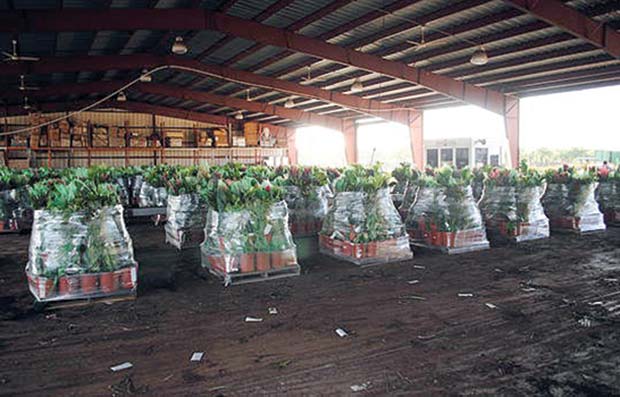
“If we have large loads with only a few delivery points, we can schedule them manually,” says Everbloom owner Peter Hew, “but if there are more than about five call points on a route, it would be far too complicated, and we use TruckStops instead.” The company simply schedules the journey with TruckStops, and then passes the resultant schedule to the trucking company that is handling the load.
Everbloom growers often dispatch consignments of product as back hauls on trucks that are on their way back to their home area. Dozens of different motor carriers are used in the course of a year.
The company dispatches up to 20 loads daily in peak periods, which would pose a near-impossible task if they had to be scheduled manually. As a result, Peter Hew explains TruckStops “has become an integral element of our business.”
GOODMAN FIELDER, AUSTRALIA
“We’ve been able to optimise the number of trucks, reduce mileage and fuel costs, and we’ve provided more sustainable earnings for the independent contractors who do our deliveries. Everybody wins.” – Paul March, national supply chain business analyst, Goodman Fielder
Goodman Fielder, Australasia’s leading listed food company, has made far-reaching improvements to the way it distributes bakery products throughout Australia by introducing a package of planning, mapping, routing, scheduling and optimisation resources from MapMechanics.
The MapMechanics’ package includes several copies of TruckStops routing and scheduling; Geoconcept mapping analysis and OptiSite, network planning.
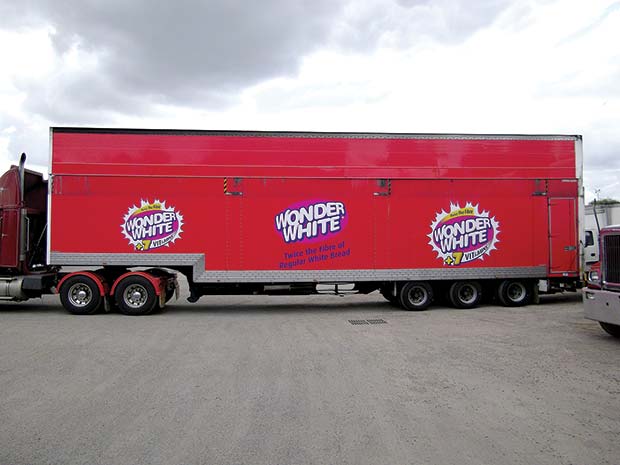
Goodman Fielder is one of Australia’s biggest bakery companies, delivering to 14,000 outlets throughout the country from a nationwide network of depots every day. It manufactures in multiple locations, and supports an intricate network of depot and inter-factory trunking operations and local deliveries. The company uses independent contractors to do its final deliveries.
“Our contractors don’t just deliver, they also merchandise and represent us to retailers,” national supply chain business analyst, Paul March explains. “We incentivise them to work hard for us, and the results have already paid dividends in cost savings and improved sales.”
Goodman Fielder realised there was potential to take a good idea and make it even better.
“We wanted to make delivery routes more sustainable for our contractors – to ensure that they had an optimal mix of larger and smaller customers, and were using the right vehicle types. But we simply didn’t have the time or the necessary information to make informed judgements. We needed the right tools to help us make strong commercial decisions.” Explains Paul March.
The company drew up a tender document and invited bids from a dozen solution providers on three continents, giving them real data to model so that their proposals would all be based on the same objective parameters.
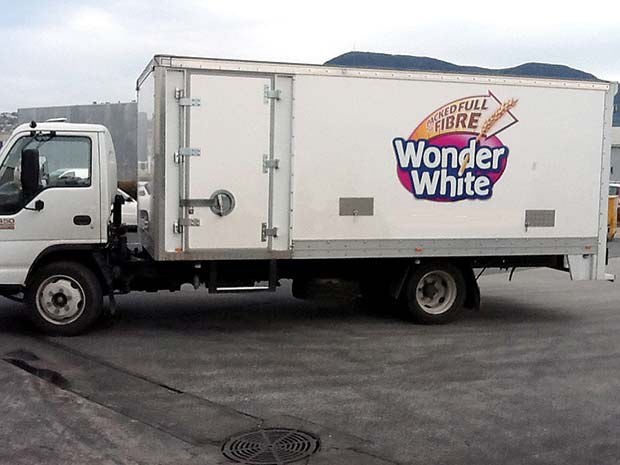
“We used a matrix of performance indicators to evaluate them, and most had scored above 80 per cent. MapMechanics came out well ahead with a rating of 96 per cent, and was our unmistakable first choice.”
The company then embarked on a wide-ranging project to streamline contractor operations. The package from MapMechanics enabled the company to see customers visually differentiated by size and type and then map out and balance territories to create structured delivery lists. TruckStops verified the lists and produced viable delivery rounds with the best possible mix of customers for each contractor.
“We were amazed at the results,” Paul March says. “We could now see cost per drop and make decisions on how best to structure delivery rounds.”
The system provided reports that delivered compelling evidence of the savings to be made by pursuing these new optimised territories.
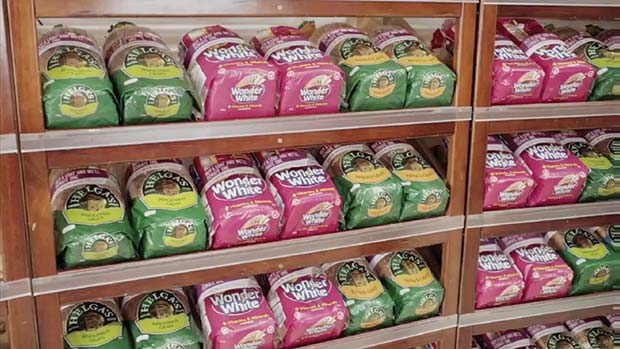
Paul March points out that the optimum route mix is based not just on journey time, but also on outlet size and type, concession rates and other factors. “Minimising cost doesn’t necessarily equate with minimising geographical spread.”
“We were able to set up TruckStops to weight all the main factors, even merchandising times, and come up with an overall best solution.”
The MapMechanics package has also led to a change in loading practice at some depots. “The linear GANTT charts produced by TruckStops revealed that in some instances the loading time limited delivering capabilities. We’d simply never been able to see this before.” Decisions can now be made to utilise third-party loading instead of contractors, who are then freed up to maximise their time in the marketplace.
Paul March sums up: “This exercise has been a true paradigm shift for us. MapMechanics has given us the ability to add science to our decision-making. This has changed our options on how we should operate, and enabled us to make really good commercial decisions.”
MapMechanics
Tel: 020 8568 7000
EMAIL: INFO@MAPMECHANICS.COM




Comments are closed.